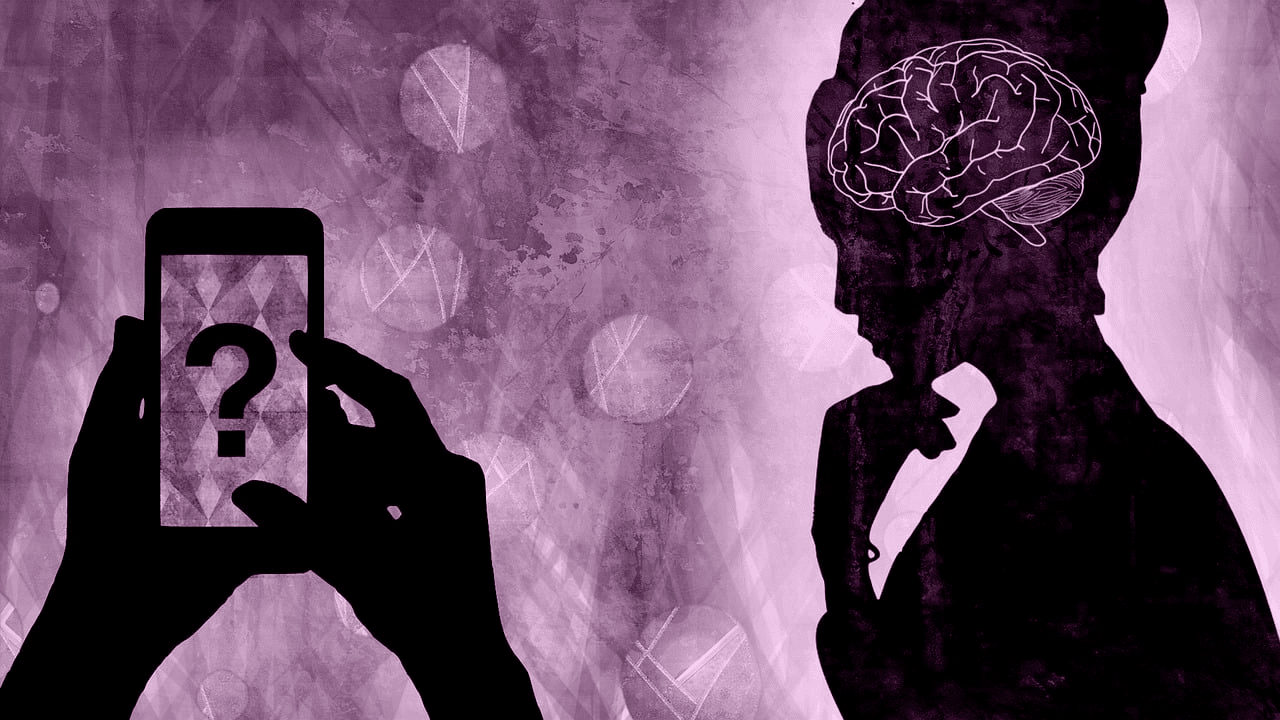Video games and addiction to digital and social media are often blamed for the tremendous rise of attention-deficit/hyperactivity disorder (ADHD) in kids. As ironic as it may sound, the FDA approved a game-based digital therapeutic for the treatment of ADHD in kids.
For context, in June 2020, the FDA approved the first prescription-only game-based device, called EndeavorRx for kids aged between 8 to 17 years who have primarily inattentive or combined-type ADHD and have demonstrated an attention issue.
The FDA has approved both stimulants and non-stimulants for reducing the symptoms of ADHD and improving functioning in children and advises talking with a healthcare professional to choose the appropriate medication for your child.
In addition to these medications, the FDA approved the first game-based digital therapeutic to improve attention function in children with ADHD. It still remains the only such therapeutic that has been approved by the FDA.
The first video game-based treatment for ADHD has been approved by the US Food and Drug Administration.
The video game, called EndeavorRx, will be prescription only and aimed at children between the ages of eight and 12 with certain types of ADHD. https://t.co/IbKdPOs18g
— CNN International (@cnni) June 16, 2020
EndeavorRx Is the Only Game-Based Digital Therapeutic for Kids
According to EndeavorRx, its therapy is “created by world-class neuroscientists and award-winning game designers, it targets areas of the brain that play a key role in attention function.” It targets areas of the brain that play a key role in attention function using sensory stimuli and motor challenges.
The game challenges kids to multitask and ignore distractions by navigating courses, avoiding obstacles, and collecting targets. The game is backed by an algorithm that customizes the treatment in real-time after measuring the performance.
There are no “winners” in the game and once the kid completes all levels they can still beat their own scores. Alternatively, they can unlock new character costumes or take on new quests in the game.
Parents can also follow their kid’s performance on the EndeavorRx app. On its website, EndeavorRx mentions the effectiveness of its game citing third-party data, and says that after two months of treatment, 68% of parents reported improvements in ADHD-related impairments. Also, an improvement in attention was reported by 73% of children. Importantly, there were no serious adverse events in its clinical trials.
Can Games Help Treat ADHD?
While the very idea of using video games to treat ADHD (or anything for that matter) might seem outrageous for some parents, healthcare professionals back the therapy. According to WebMD, some research has shown EndeavorRx showing positive results in kids with ADHD.
“Researchers found that the kids who played EndeavorRx improved their scores on a test that measures attention. This was true whether or not they were on ADHD medication. In addition, most of the children and their parents said they felt the child’s attention had improved after the study,” says WebMD.
While it said that participants in the study did not report any side effects, it added that some complained of minor issues like frustration, dizziness, aggression, headache, or another emotional reaction.
Experts Advice Following Guidelines
Pediatric behavioral health specialist Michael Manos, PhD is among those who advise using EndeavorRx for kids. “EndeavorRx can improve someone’s ability to sustain focus and it improves a person’s ability to use visual contrast to be able to tell the difference between one thing and another,” says Manos.
He explains that the game “helps with hand-eye coordination and the ability to disseminate one thing from another.”
However, he has some guidelines that parents need to follow and advises making it an “interactive experience” between the kids and parents. According to Manos, “Positive findings are realized when parents actually sit down and engage the child while they’re playing video games by talking about it, watching it or even playing with their child.”
Also, during the course of the treatment, parents should stay engaged with the kids and monitor their behavior.
AI Might Help Make Game-Based ADHD Treatments Even Better
Leaving ADHD untreated can have consequences like the child falling behind in school, or facing difficulties in friendships. Moreover, the number of kids diagnosed with ADHD continues to increase and according to the Centers for Disease Control and Prevention, as of 2019, 10% of children ages 3 to 17 have been diagnosed with ADHD and the number comes to a whopping 6 million.
Meanwhile, game-based treatments for ADHD are still evolving and should get better with time. If used with proper guardrails, these can help treat ADHD in kids. Experts believe that progress in artificial intelligence (AI) will not only help in the early diagnosis of ADHD but will also help better personalize game-based therapies for kids.
